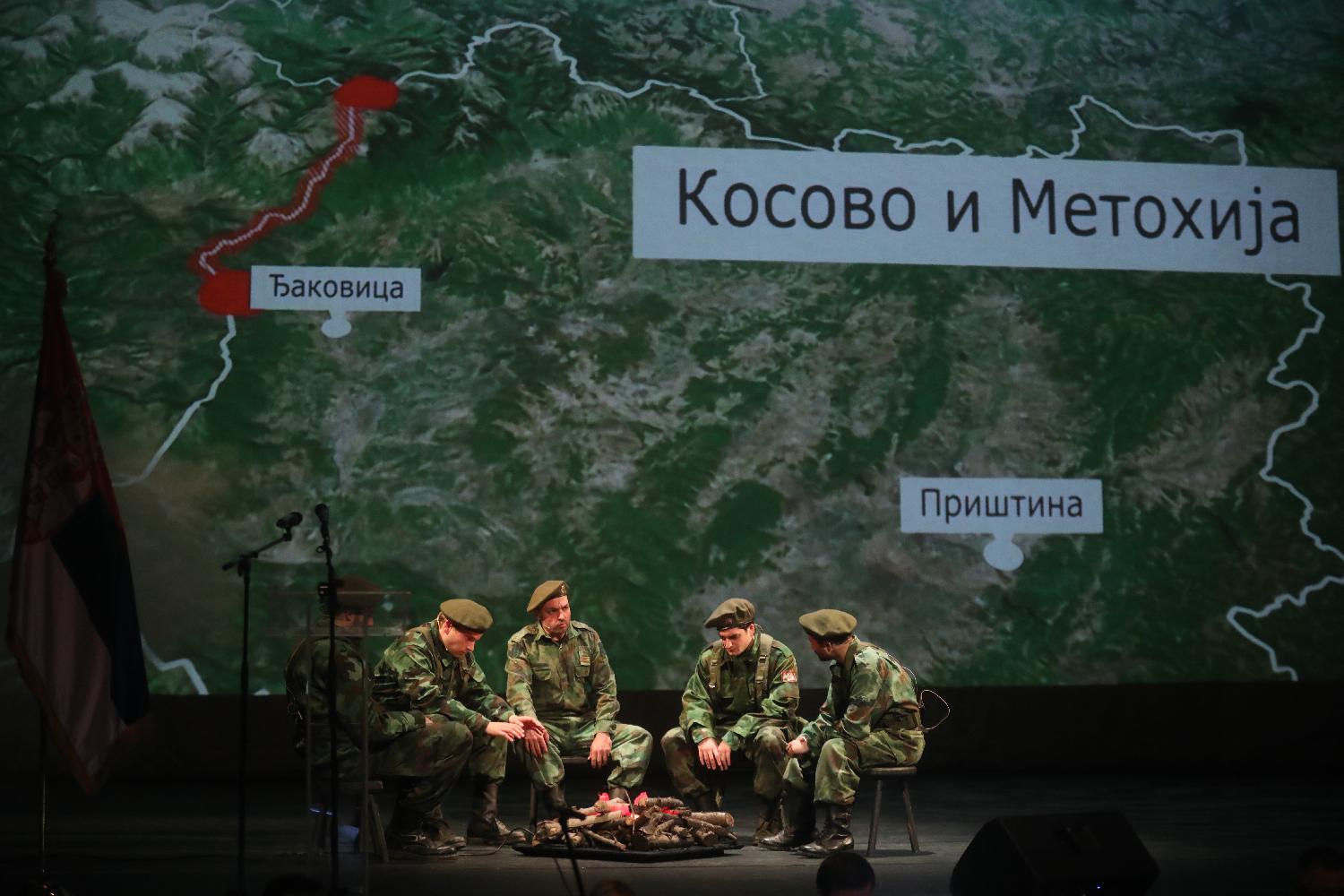« Sounds like bad Balkan Vic – Montenegrins would work even less. But the thing is serious »: Seven working hours in Montenegro arrive? – Region
Sounds like a bad Balkan Vic – Montenegrins would work even less. But the thing is serious. The ruling movement of Europe has now promised seven-hour working hours that many are looking forward to, while employers are being rebelled.
Whether the working hours in Montenegro will be a shorter clock and since they will be negotiated by the government, representative unions and employers.
At the last social council, they were most indefinant from the construction and tourist sector, which was already functioning seasonally and with a chronic lack of workforce.
« This would imply undertime work, potential work and redistribution of working hours, and additional costs or new employment, which many cannot finance. Aggregation working hours in tourism are absolutely not », allegations from the Union of Employers of Montenegro.
The Ministry of Labor, Employment and Social Dialogue, on the other hand, say that from 1. January this year until today, the inspection of work has not recorded the need to introduce overtime in the economic sector.
« Implementation process will be carefully planned, in cooperation with unions, employers, academic community and other relevant actors. Focusing on the seven-hour working day, without compromising economic performance, » said DW from the Cabinet of the Minister Naida Nisic.
An hour less and for public work
In the public sector of the small Montenegro, almost 80 thousand people, which is a third of the country’s total employees. Overcrowded, mostly party administration, is often slow and inefficient.
From the private sector, therefore, the state invites to address the optimization of public administration before shortening working hours, increasing its efficiency, but also to combat the gray economy and abuse of sick leave.
The part of the solution, however, see the Nisic Minister Nisic in the reduction of the number of working hours.
« Modern European trends and numerous researches do not mean lower efficiency – on the contrary, it leads to greater employment satisfaction, a minor achievement, higher motivation and greater long-term benefit for employers and society as a whole, » lists from the Ministry.
The only one in Europe?
If amendments to the Labor Labor, which provides for seven working hours, receive the support of most in parliament, Montenegro will, according to our research, will become the first country in the region and Europe, which has legally defined the working hours of seven hours.
France is the most famous example of abbreviated working hours with a legal norm of 35 hours per week (which is 7 hours per day), but this is not explicitly defined as « seven-hour working hours ».
The promise of the introduction of seven working hours first presented the leader of PES and Prime Minister Milojko Spajić, on the occasion of the International Labor Day two years ago.
Then he announced that shortening working hours with 40 to 35 hours per week would propose as part of the « Europe USA 2 » program, where the PES was based for the election campaign.
After the formation of the Government, Spajić announced shortening working hours, even until the end of last year, but it was still waiting for it to happen.
Follow us on our Facebook and Instagram page, but also on X account. Subscribe to PDF List release today.




/s3/static.nrc.nl/images/gn4/stripped/data133622441-0f6d05.jpg|https://images.nrc.nl/d2UOChbarUBKmfeimzTie0qY1as=/1920x/filters:no_upscale()/s3/static.nrc.nl/images/gn4/stripped/data133622441-0f6d05.jpg|https://images.nrc.nl/eQ_Tmo440z-zno7XeN65GzY6kW4=/5760x/filters:no_upscale()/s3/static.nrc.nl/images/gn4/stripped/data133622441-0f6d05.jpg)


